Curacao Gaming Authority in Crisis as Full Board Quits and PM Assumes Control

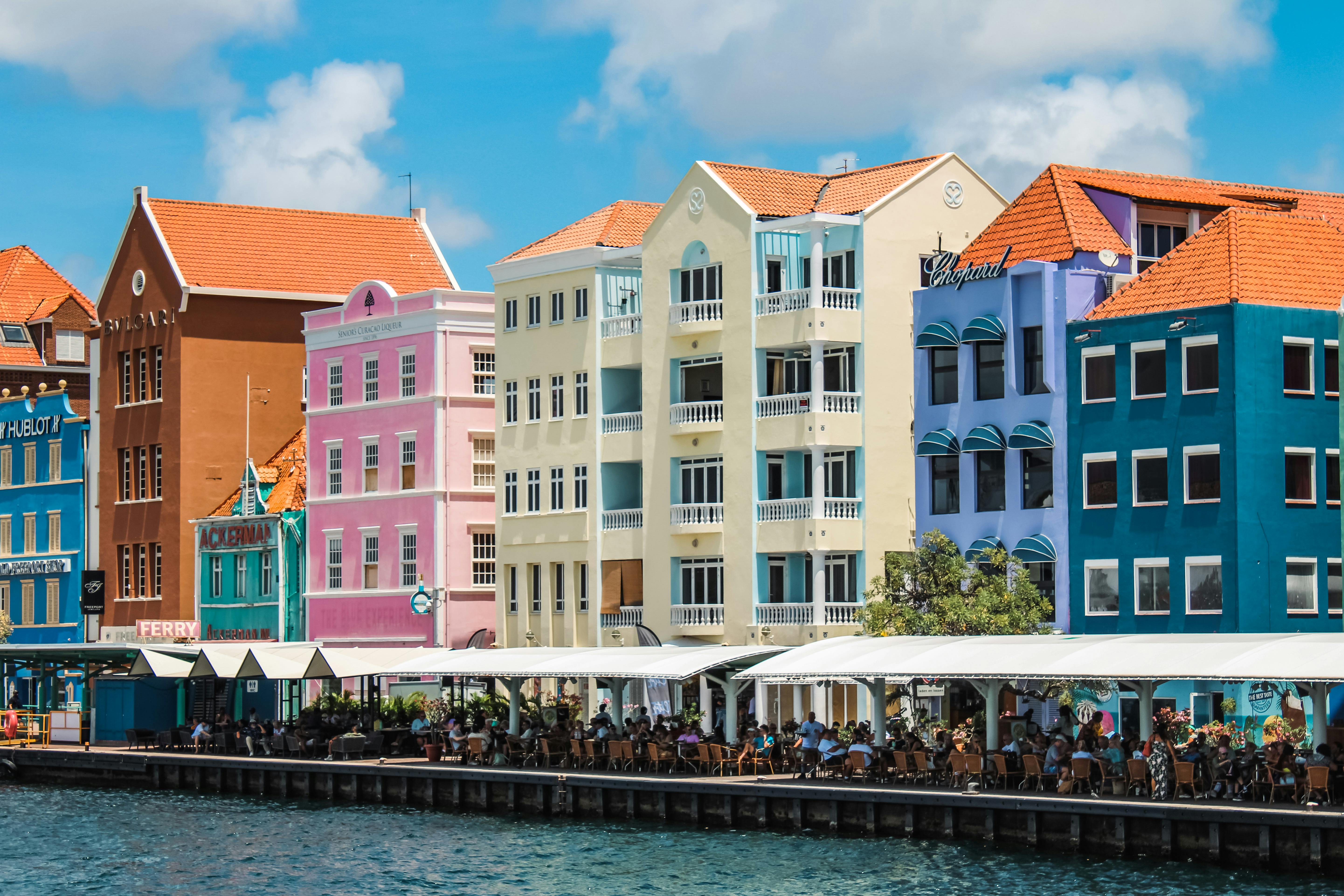
Photo by Pexels, CC0 1.0
Key Takeaways
- CGA's status questioned amid administrative discrepancies
- LOK reforms stall as leadership vacuum persists
- The gambling sector remains one of Curacao's key revenue sources
Curacao's modernization efforts in the gambling sector face operational challenges following the sudden resignation of all three supervisory board members of the Curacao Gaming Authority (CGA) in mid-September. Commissioners Shelwyn Salesia, Robert Reijnaert, and Ildefons Simon left their posts just 90 days after launching a new regulatory framework under the Landsverordening op de Kansspelen (LOK).
Prime Minister Gilmar Pisas has now assumed direct command of the institution, which is directly linked to the Finance Ministry, bypassing standard governance protocols. This leadership vacuum threatens to derail reforms designed to overhaul the thriving Caribbean gaming sector, with questions arising on the implementation of LOK reforms.
Deepening Government Crisis
Curacao's political turmoil escalated on September 16 as PM Pisas called a private meeting with CGA executives to discuss "matters related to the gambling sector." However, Finance Minister Javier Silvana was excluded.
Government advisor Caryl Monte represented the ministry at the closed-door meeting, fueling suspicions about Silvana's diminished authority. The PM's office now directly oversees all gaming regulatory operations, a significant change from the body's original mandate to operate under the Finance Ministry.
The power shift coincides with Silvania's mounting political vulnerabilities, including public clashes with senior administrator Alfonso Trona and corruption allegations within his MFK party. Opposition PAR legislators have amplified calls for judicial scrutiny of the minister's conduct.
Structural Flaws Undermine Reforms
CGA has been operational since July 2025 as the successor to the Gaming Control Board. It confronts contradictions that jeopardize its mandate to modernize the island's gambling sector. While tasked with dismantling the previous master-license system and enforcing direct operator licensing, the regulator's own administrative legitimacy is now under scrutiny. Another discrepancy is its public identity as a foundation "on behalf of the Ministry of Finance" and oversight by the PM's office instead.
The prolonged absence of a supervisory board, which is unusual for a regulator overseeing a US$500 million industry, leaves significant compliance decisions in limbo during a critical period of transition to stricter standards.
Reform Timetable in Jeopardy
Curacao's December 2024 gambling reforms under LOK, crafted to bolster licensing and anti-money laundering protocols, could collapse amid leadership vacuums. The absence of a supervisory board threatens to derail reform timelines, adding to the island's reputation for inconsistent enforcement.
The sector contributes US$23.2–34.8 million in tax revenue annually and is dubbed "the government's cash cow." Analysts warn that political intervention risks worsening systemic issues the LOK sought to resolve.
Lucas Michael Dunn is a prolific iGaming content writer with 8+ years of experience dissecting it all, from game and casino reviews to industry news, blogs, and guides. A psychology graduate and painter that transitioned into the iGaming world, his articles depend on proven data and tested insights to educate readers on the best gambling approaches. Beyond iGaming content craftsmanship, Lucas is an avid advocate for responsible play, focusing on empowering players to strike a balance between thrill and informed choices.
Related News
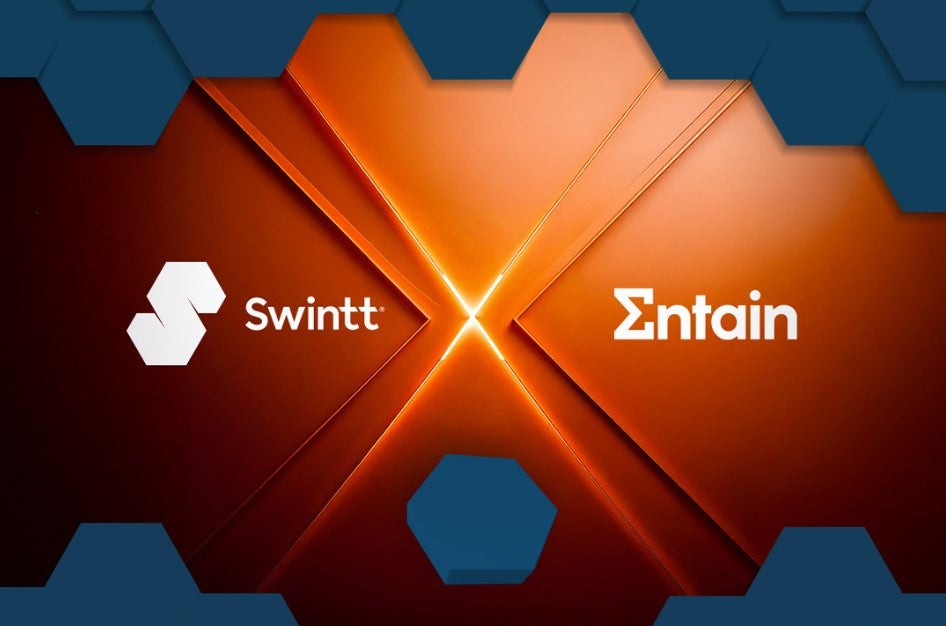
Entain expands German iGaming portfolio through new Swintt partnership
Entain has strengthened its German iGaming offering after announcing a new content partnership with Swintt. The agreement adds further regulated slot titles to Entain’s local portfolio as operators compete for visibility in one of Europe’s most tightly controlled online markets.
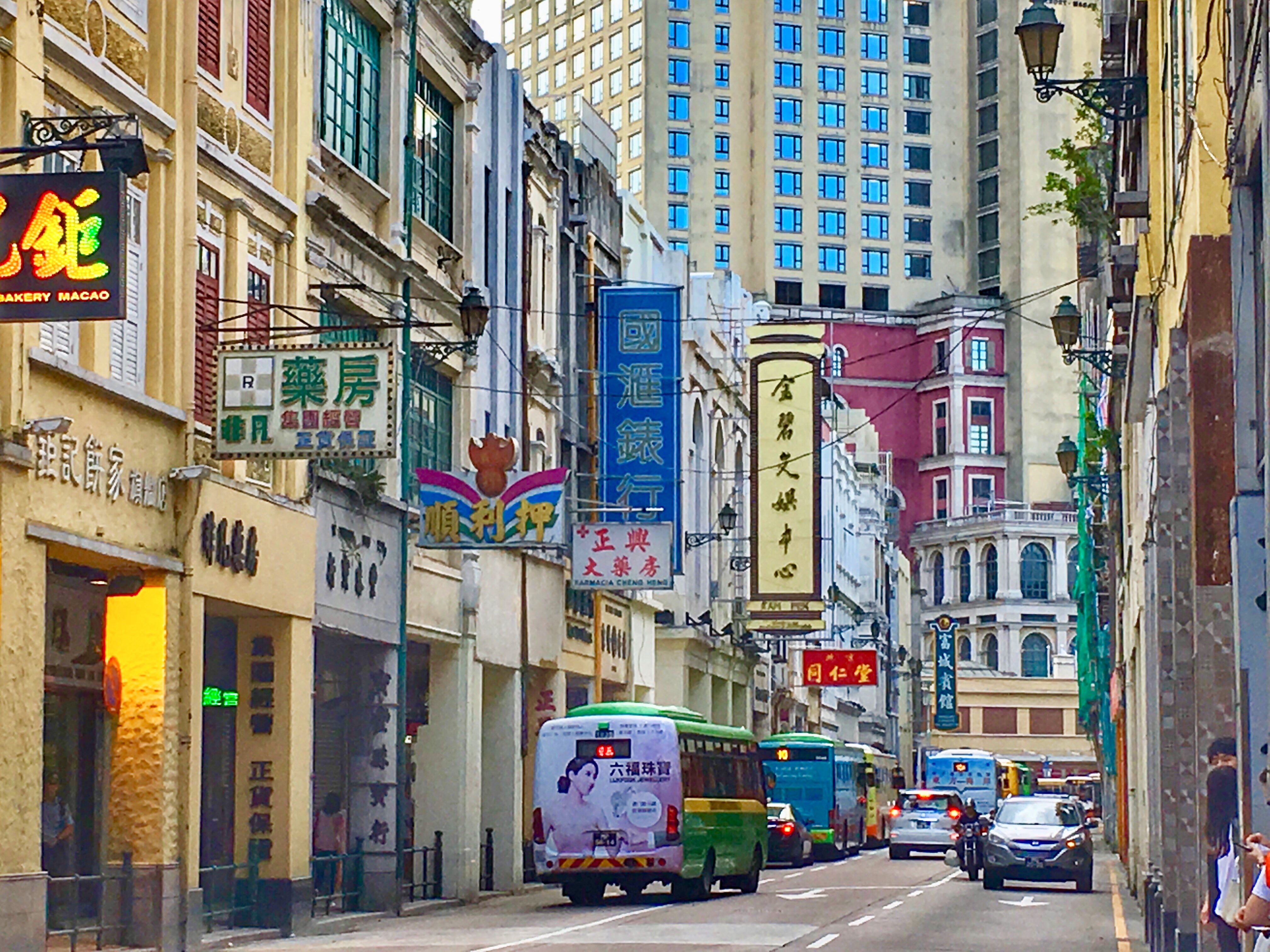
Macau Casinos Hit New Post-COVID High in 2025 Despite December Slump
Macau’s 2025 GGR reached US$30.86 billion, up 9.1% from 2024 and the highest since the pandemic onset, but remains below pre-pandemic levels.

Portugal Casino Concessions Extended Amid Tender Processing Delays
Portugal extends casino licenses for a strictly necessary period of three months during procedural steps, unless legal challenges arise.

Finnish Twitch Streamer Risks Penalty for Unauthorized Gambling Promotions
Finnish authorities found Rostedt’s Twitch repeatedly hosted gambling content targeting mainland Finland, breaching marketing laws.

Bulgaria Probes Casino Visits During Hospital Stays in Insurance Fraud Case
Bulgaria’s National Health Insurance Fund questions patients for 22,000+ casino visits during incomplete hospital status in H1 2025.

Argentina Freezes €4.1 Million from Zuco-Linked Illegal Online Gambling Network
Argentine court orders the detainment of Roberto Zuco for leading an illegal online gambling network termed “organized digital economic crime.”

Vietnam Proposes Mandatory Bettor ID Verification for Football and Racing
Vietnam seeks to enforce ID checks, including name, nationality, and address, for betting accounts under revised anti-money-laundering decree.
.jpg)
Netherlands Fines LeoVegas €500,000 for Player Safeguard Breaches
Dutch regulator Kansspelautoriteit (KSA) found LeoVegas breached duty of care laws in all examined player files from October 2023 to May 2024.

Russian Parliament Approves Self-Exclusion System to Roll Out Nationwide
The new system allows enrollment in a national gambling registry for a 12-month non-revocable exclusion managed by a unified regulator.

Star Entertainment Faces Restructuring Under Bally’s Chairman Proposed Strategy
Bally’s chairman, Soo Kim, proposes dismantling Star’s corporate entity for sustainable property-level management, putting jobs on the line.
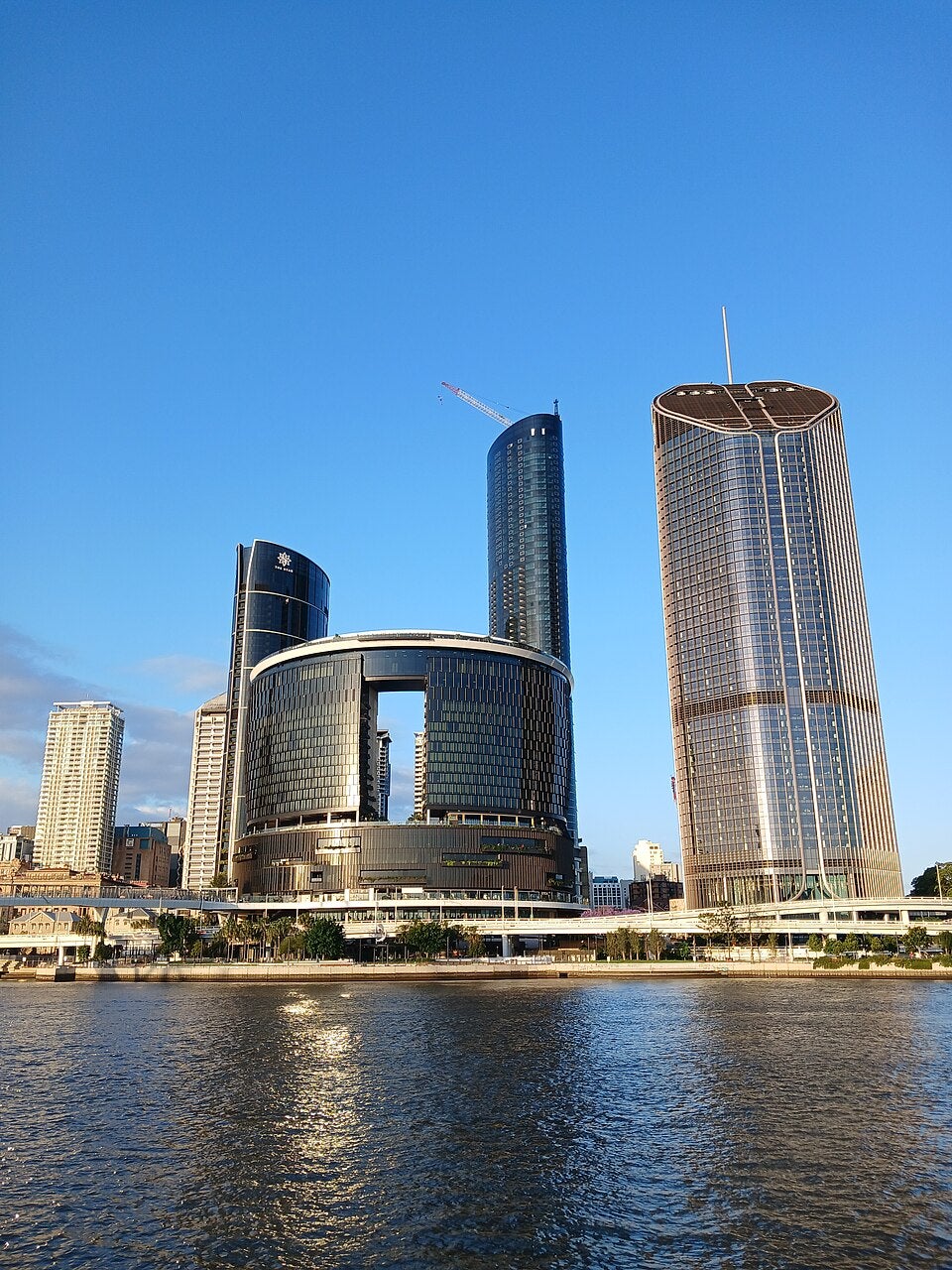
Star Entertainment Group Confirms Board, CEO Leadership Changes
Bruce Mathieson Jnr transitions from chairman to CEO, pending finalization, and Soo Kim is named chairman, as Hodgson and Thornton resign.
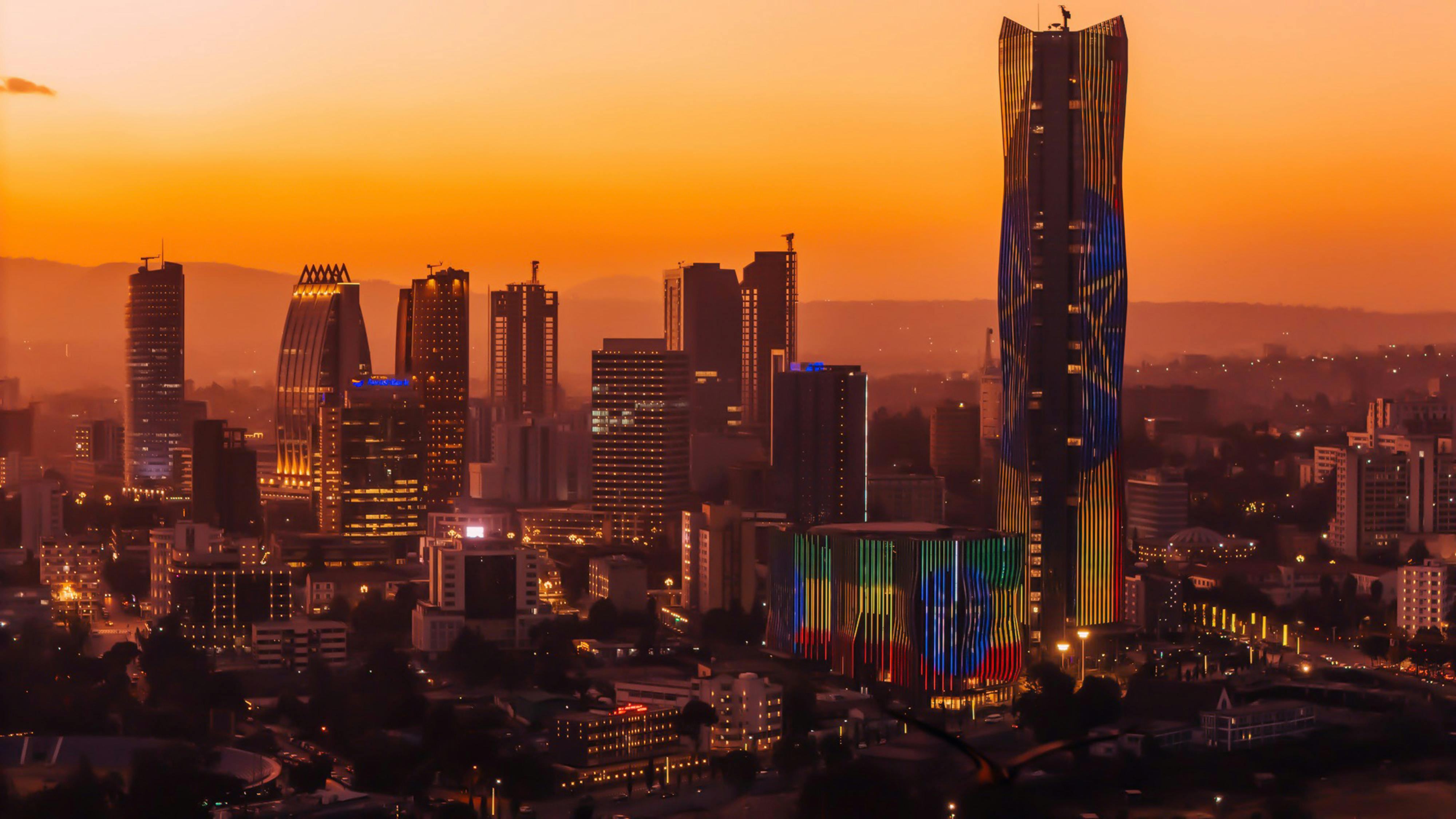
Ethiopia Revokes All Sports Betting Licenses Citing Illegal Operations
Ethiopian Lottery Service cites licensing breaches, illegal transfers, and security threats, revoking the permits under federal mandate.

Macau Casinos Lower Mass Baccarat Minimums After Satellite Shutdowns
Macau mass baccarat averaged HK$2,058 minimum in December, a 4% year-on-year rise and 3% month-on-month as casinos chase player demand.

Iron Bank 2: Relax Gaming and CasinoGrounds Reunite for Cuban Slot Sequel
Iron Bank 2 merges Cuban aesthetics with 4,096 win ways, a highly volatile math model, wild multipliers, and customizable base gameplay.
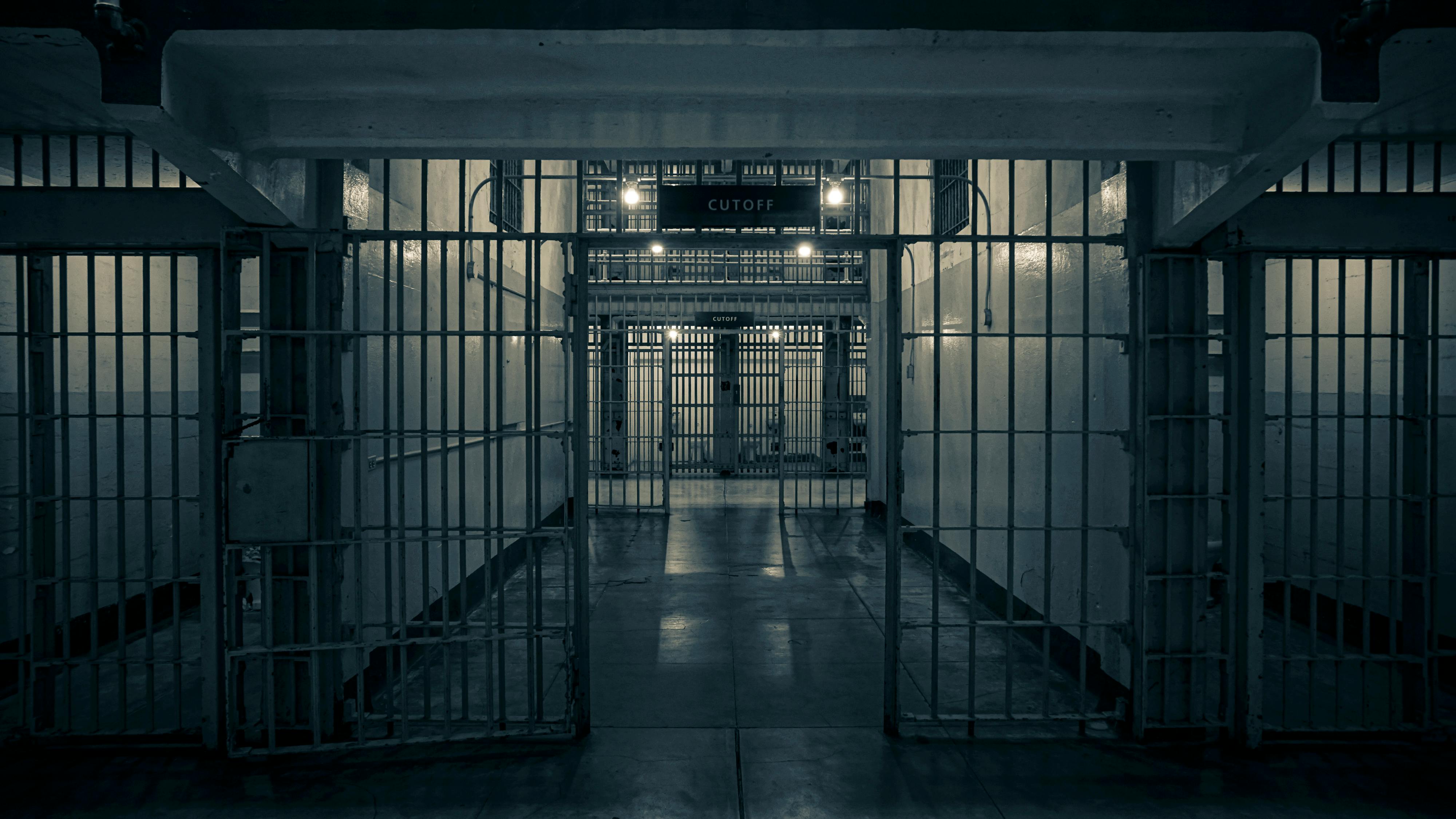
Convicted Australian Bettor Seeks Recovery of Gambled Client Funds
Jailed for defrauding over AU$3 million from 12 clients to gamble, Fineff admits guilt but claims bookmakers failed to implement client care duties.

Polish Legislation Targets to Classify Game Loot Boxes Under Gambling Laws
The legislation marks Poland’s first legal push to regulate loot boxes as gambling, responding to expert calls to protect youth from addiction risks.
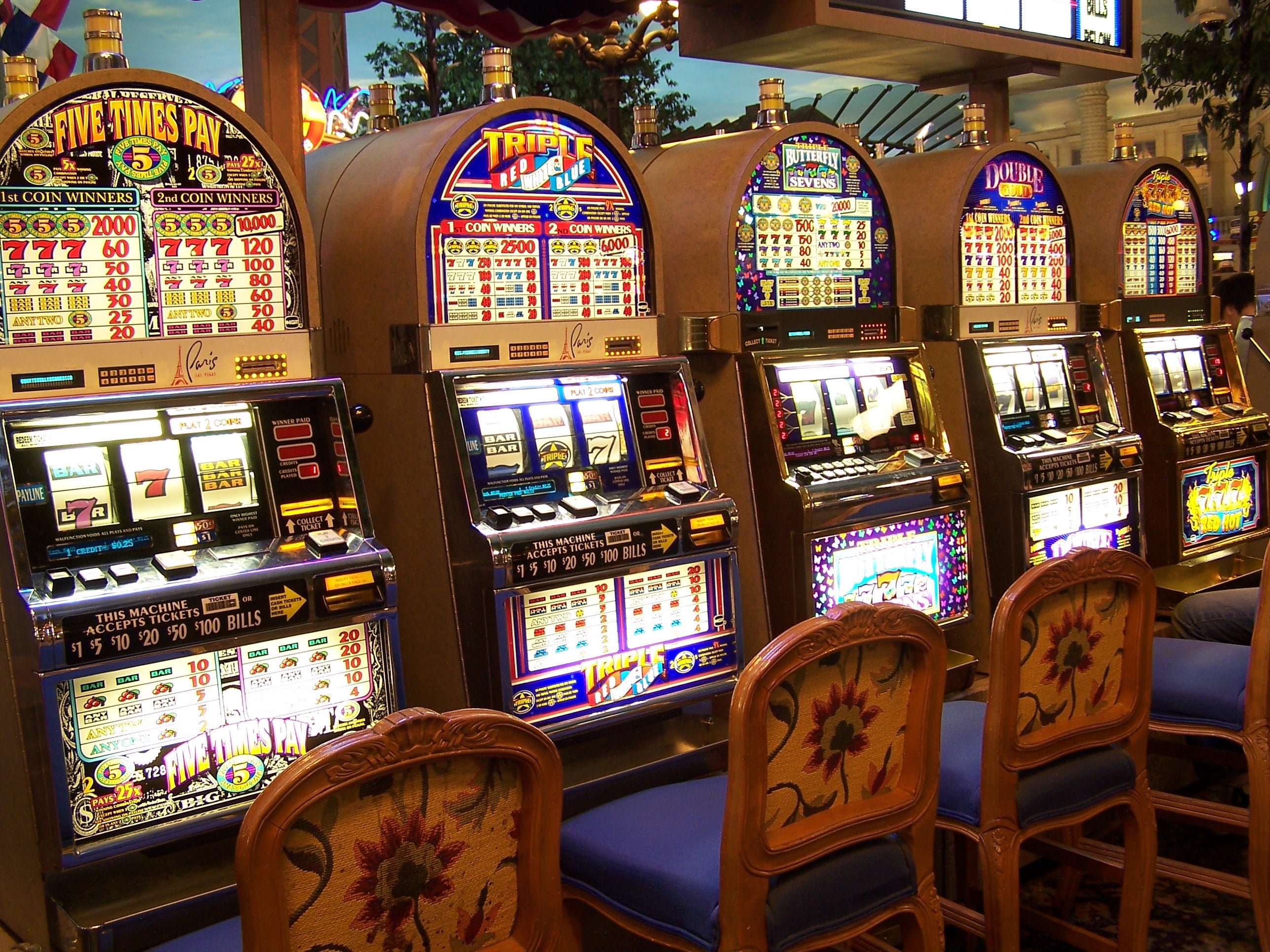
Hacksaw Unleashes Cosmic Chaos in Highly Volatile Jaws of Justice Slot
Jaws of Justice merges a bizarre cosmic shark theme with a volatile math model, awarding up to 200x wild multipliers and three free spin tiers.
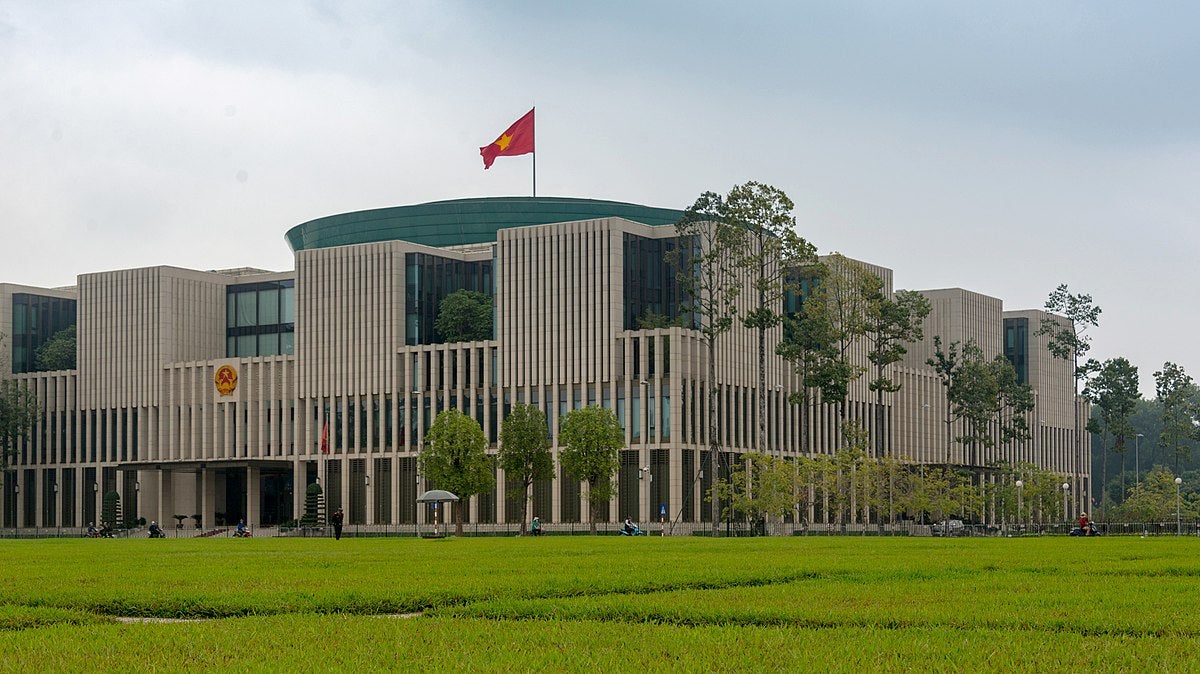
Vietnam Eyes Financial Law Reforms to Permit Citizen Casino Entry
Vietnam’s casino reforms target financial verification hurdles, citing paperwork delays and operational red tape, with plans to streamline the process.
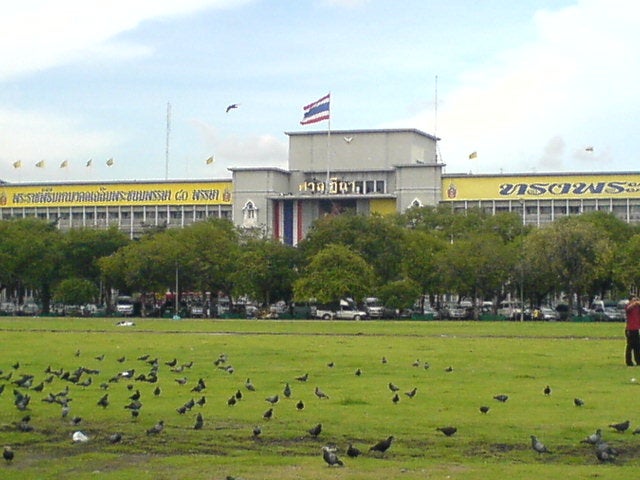
Thailand Probe Cambodian Athletes’ Casino-Logo Jackets at SEA Games
Online images from the Hua Mark ceremony show Cambodian jackets with the NagaWorld casino logo below the national emblem, prompting the investigation.
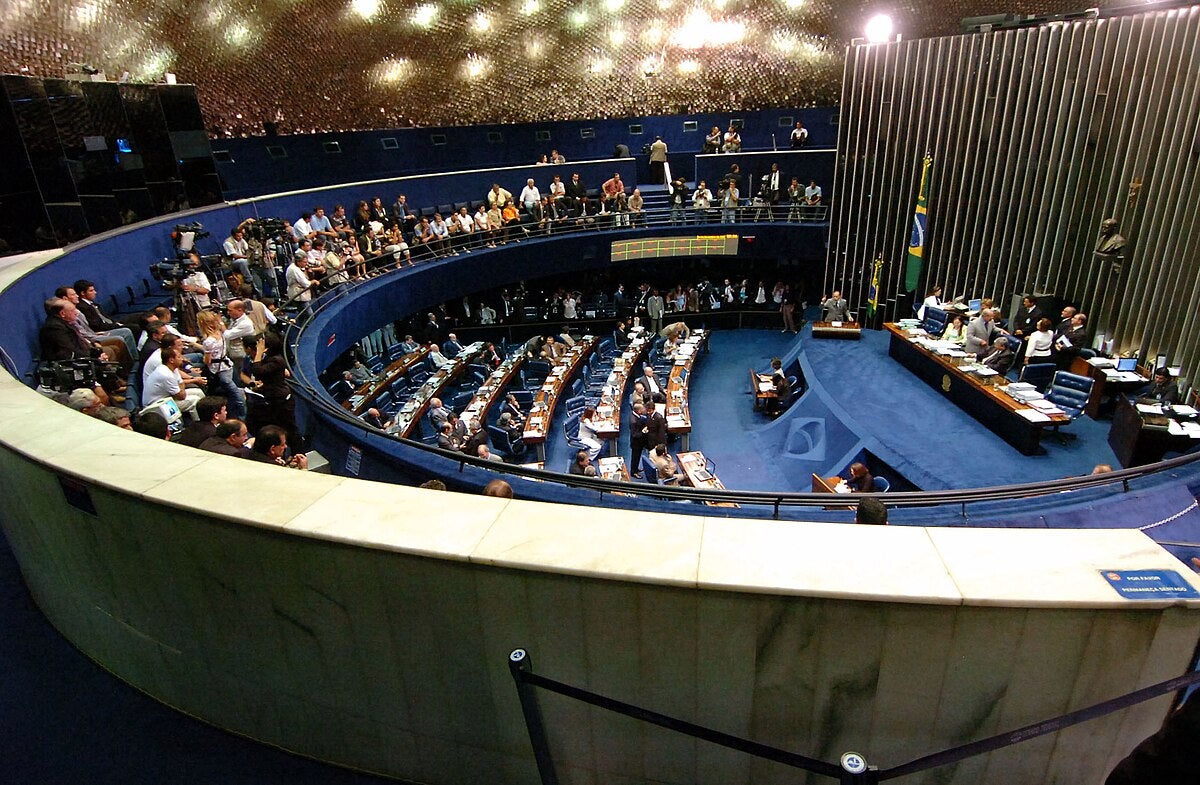
Brazil Senate Approves 15-18% Betting Tax Reforms and Longer Dividend Exception
The changes, authored by Senator Renan Calheiros, will advance to the Chamber of Deputies unless a full senate review is requested.
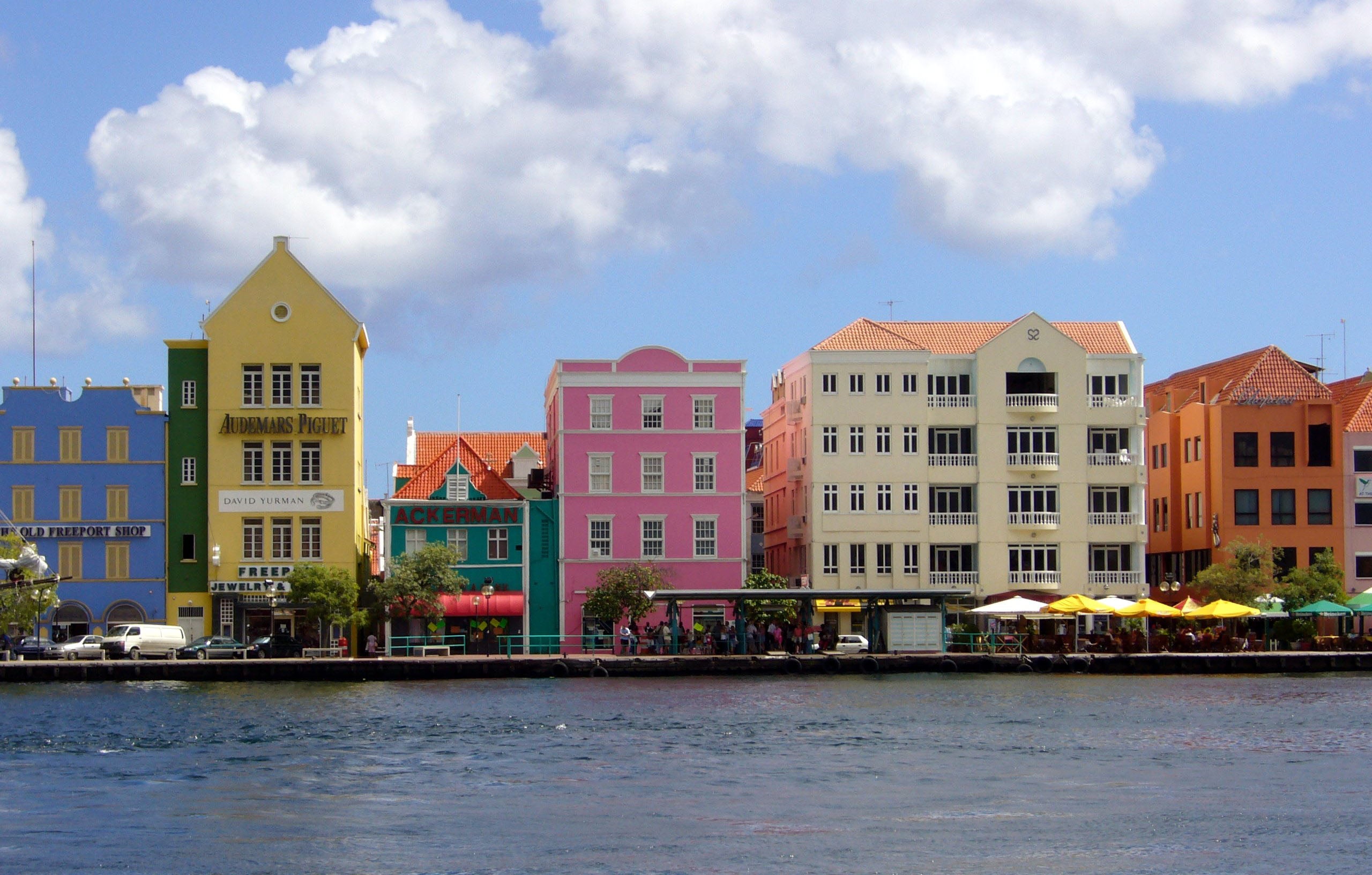
Curacao Gaming Authority Under Investigation by OM Over Gambling Sector Misconduct
The probe follows board resignations that sparked leadership turmoil, as CGA oversight shifted to PM Pisas, removing the Finance Ministry’s control.

EY Study Reveals Illegal Online Gambling in Spain Exceeds Previous Estimates
Spain’s unregulated online gambling sector generated €231 million in 2024, representing 16% of the legal market and dominated by high spenders.
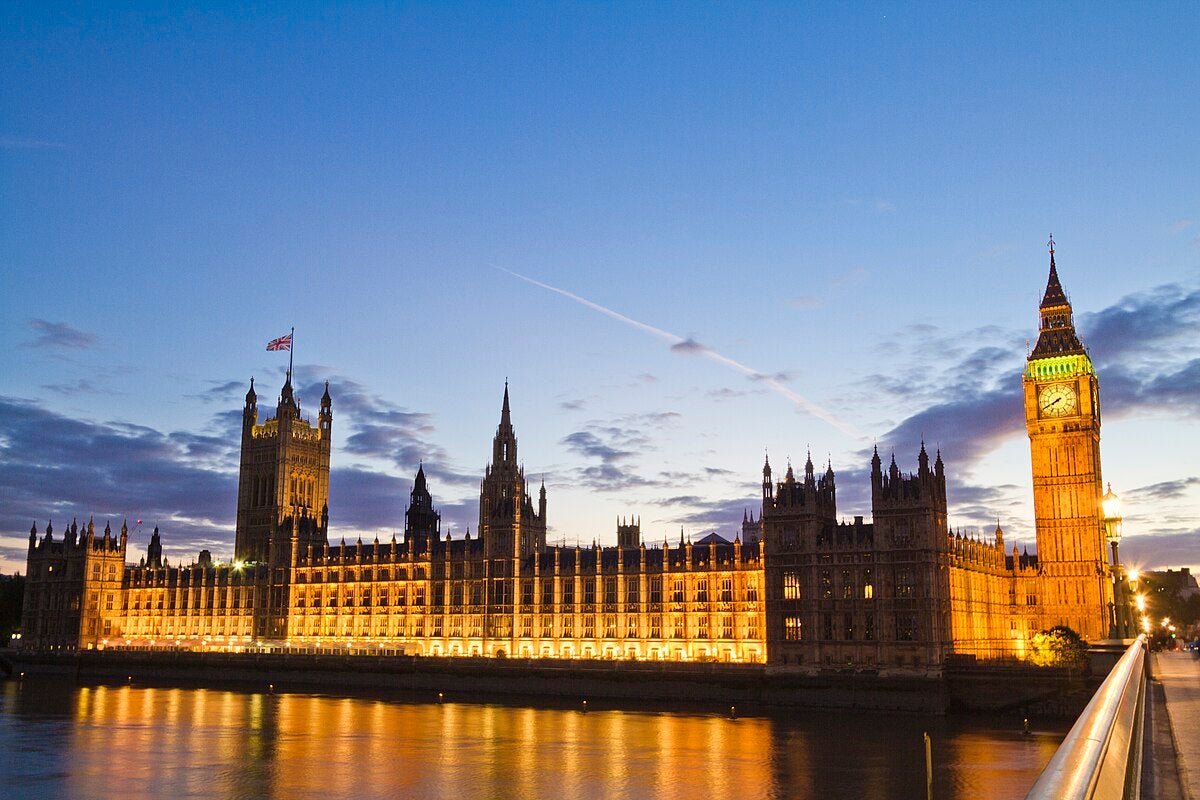
UK Horseracing Tax Exemption Stands as Gambling Sector Faces Hike
OBR forecasts £1.1 billion revenue by 2031 from the tax hike but expects a 33% yield drop from lower demand and operators passing down taxes.

Ontario iGaming Shatters Spending and Revenue Records in October
Ontario’s online gambling bets set a third straight monthly record with CAD9.25 billion in October, driven by casino games recording CAD7.9 billion.

Big Time Gaming Releases White Rabbit 2 with Hold & Spin and Megapots
White Rabbit 2 upgrades the wonderland experience with up to 248,832 win ways, Hold & Spin mechanics, and Megapots of up to 88,888x the stake.

Macau Satellite Casino Closures Accelerate with Fortuna’s Dec Exit Plans
Amid SJM satellite casino closures, Casino Fortuna will exit the market on Dec 10, as Ponte 16 closes on Nov 28 and Kam Pel Casino on Nov 30.
Macau’s October Tourist Arrivals Hit 3.47M, Marking 10.8% YoY Growth
Mainland Chinese tourists dominated Macau’s October arrivals (2.53 million), with 1.32 million using the Individual Visit Scheme, up 22.6% YoY.
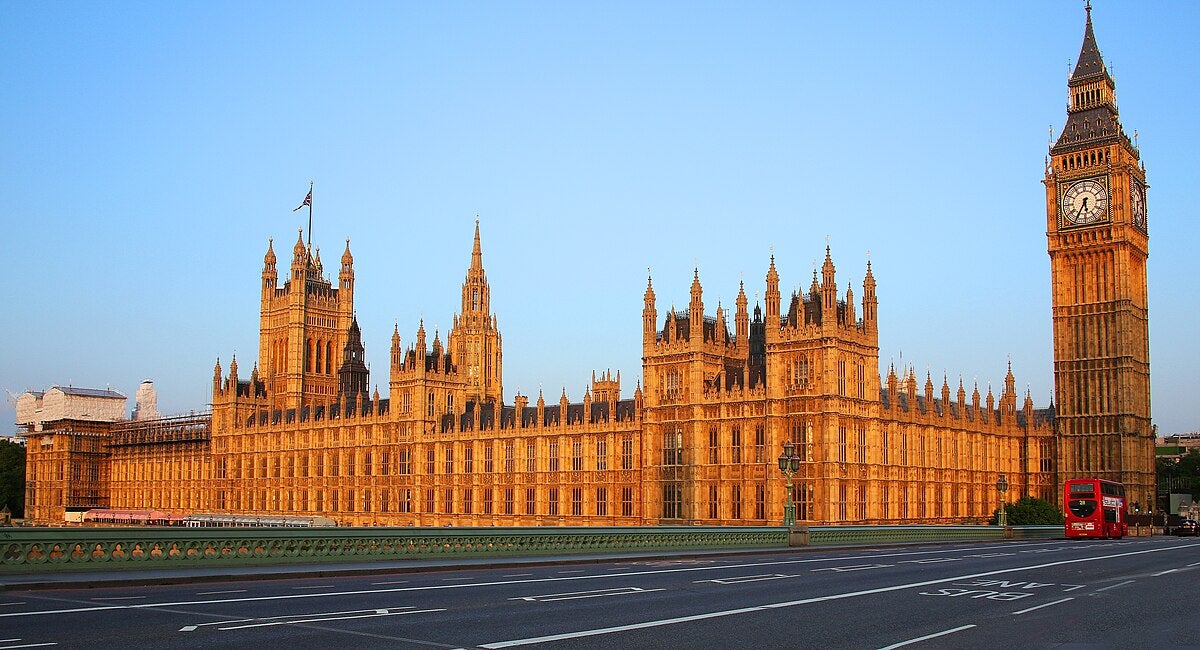
UK Lawmakers Push for Gaming Tax Overhaul Amid Rising Online Revenue
The broadly backed gaming tax hike faces some opposition, with critics warning of pricing out smaller firms as larger operators dominate.

DraftKings & BetMGM Expand Retail Sportsbook Footprint in Puerto Rico
DraftKings and BetMGM expand into Puerto Rico with 24/7 retail sportsbooks at Foxwoods El San Juan Casino and Mayaguez Resort and Casino.
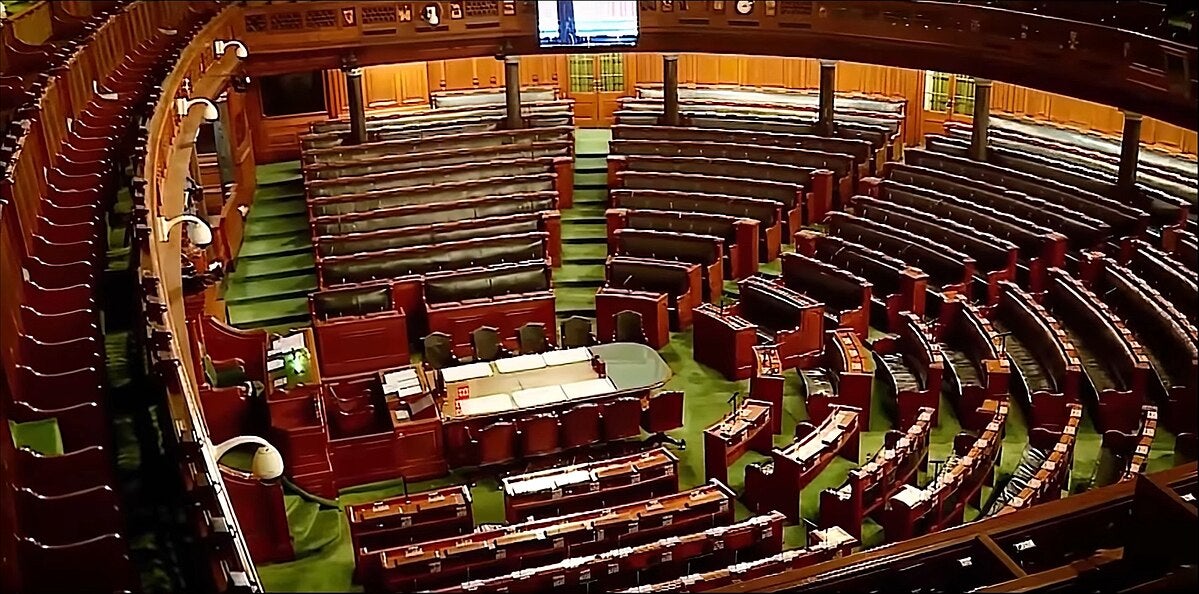
PROGA Inaction Triggers India’s Real Money Gaming Industry Meltdown
PROGA’s enforcement sits in a three-month limbo, sparking the real money gaming sector collapse as firms exit India amid regulatory uncertainty.

DigiPlus Secures Majority Stake in IEC, Merging Digital & Land-Based Gaming
DigiPlus agrees to HK$1.6 billion convertible notes (two tranches) for 53.89% IEC stake, gaining control of New Coast Hotel Manila.
SJM Holdings’ Profit Plunges 91% to HK$9M as Satellite Casinos Exit Macau
The company reported net gaming revenue of HK$6.54B (US$84M), down 6.5%, and total net revenue of HK$7.03B (US$905M), down 6.2%.

Philippines Q3 Gaming Revenue Stays Flat at PHP94.5B Amid Digital Reforms
PAGCOR reports flat annual gaming revenue at PHP94.5B vs last year’s PHP94.6B amid digital reforms, while quarterly figures fell 14.6%.



